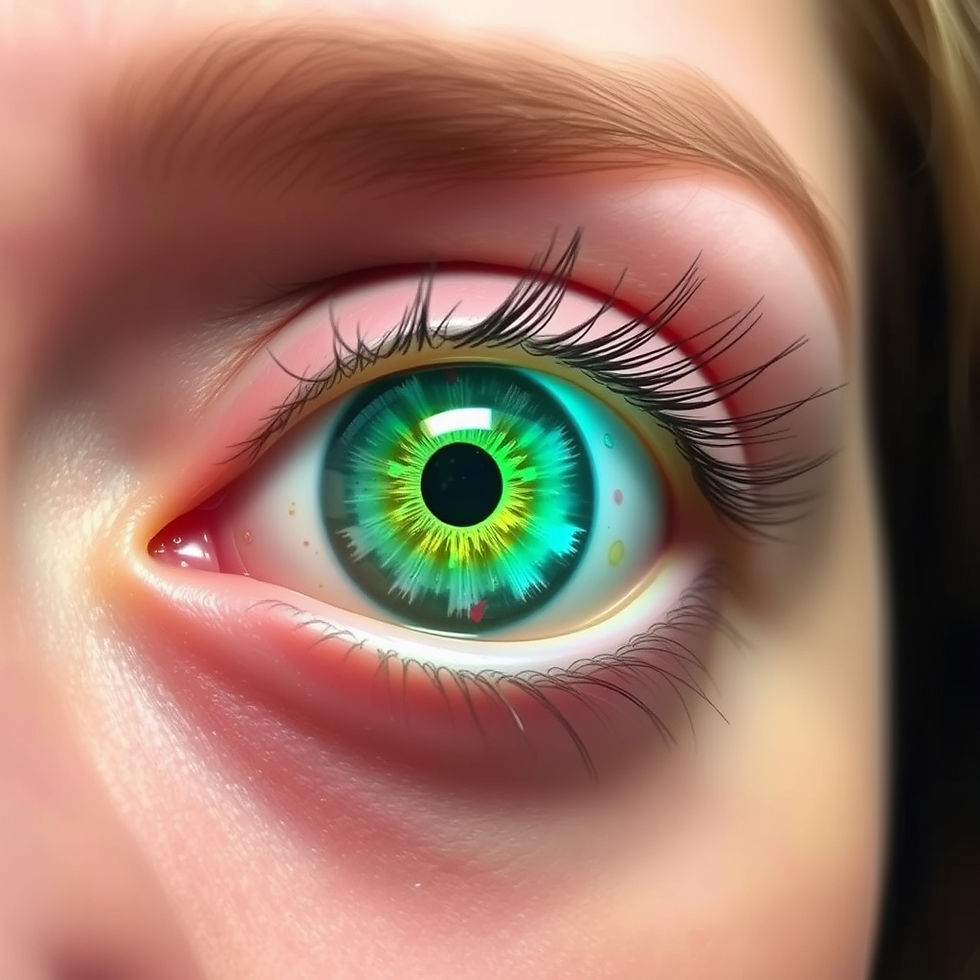Insurance covering blepharoplasty in Denver Colorado
- Chris Thiagarajah MD
- Sep 8, 2015
- 3 min read

As an eyelid specialist who performs blepharoplasty and eyelid lifts, I am often asked by my patients if insurance will cover my blepharoplasty. As a patient, you may are may not know that recently in Colorado medicare performed an audit of many blepharoplasty surgeons attempting to recoup any money from them involving blepharoplasty. This was performed by private companies who were incentivized financially to get money from doctors. In short, it was a traumatic experience for most surgeons in the denver metro area especially oculoplastic surgeons and eyelid specialists. There are several criteria that insurance use to double check to make sure that an eyelid lift is in fact "medically necessary".
Blepharoplasty as far as medicare is concerned is a functional procedure. Functional procedure means that it is for the improvement of the patient's function of daily activities. That means things like driving a car, reading a book, watching TV or seeing street signs. In short, it means improving the vision of the patient. This is the first criteria in the analysis by medicare in Colorado to see if eyelid surgery is necessary.
Medicare does not care about how a patient looks. The fact that the patient feels "they look tired" or "friends say I look angry" does not mean anything to Medicare. Appearance as far as medicare is concerned is not of importance. I have patients who say their eyelids feel heavy. Medicare does not approve surgery for feeling of the eyelids. Their primary concern is vision. Therefore, any puffiness of the eyelid is in fact not covered by insurance. Fat removal of the eyelids is never covered.
The second thing that Medicare in Colorado looks at is the photo of the patient. In the photo above, the patient clearly has eyelid skin overhanging the eyelids and blocking the vision. What are criteria a patient can use to know if insurance or medicare would cover their blepharoplasty or eyelid lift. First, does the skin of the eyelids hang over the lashes. If the answer is no, the insurance won't cover it. There is nothing further such as visual field testing, patient complaints that will make an insurance cover blepharoplasty without a photo that matches the symptoms. If the skin does not go over the eyelid edge or overhang lashes, it is almost impossible the insurance company will cover the surgery.
Third, visual field testing. A visual field test is a test used to determine what a patient is seeing. In a patient with excess skin or drooping eyelids, a visual field would show a blockage of the superior visual field. The test is then repeated with the eyelids lifted with a piece of tape. The visual field should show improvement. Therefore if a patient has glaucoma, stroke or some other eye problem that causes a problem with the superior visual field, the visual field test would not improve even after eyelid taping. As a result, insurance would not cover the blepharoplasty.
These are the summary of items that are used for coverage of upper eyelid blepharoplasty. It should be noted that lower eyelid blepharoplasty is never covered. period. This is useful information for patients to read in Denver about understanding if their eyelid surgery, specifically blepharoplasty is to be covered by insurance or medicare. If you are not sure, the best thing to do is come in and get a consultation. That is the simplest way to have an idea. To read more about blepharoplasty read more on the website www.blepharoplastysurgeondenver.com


Comments